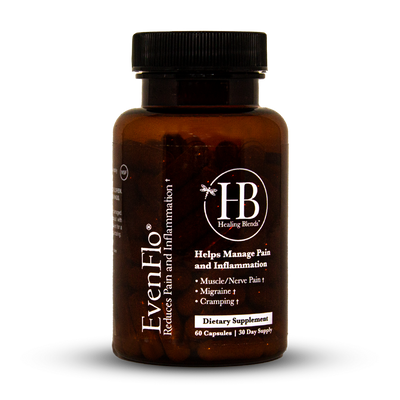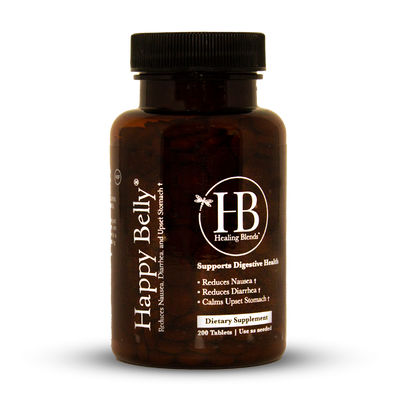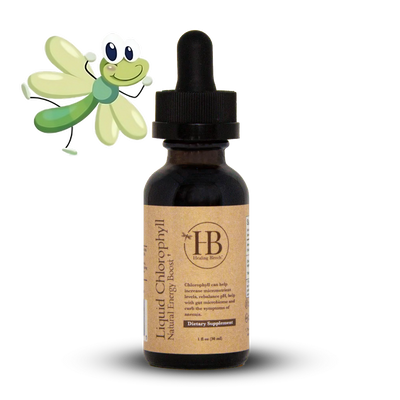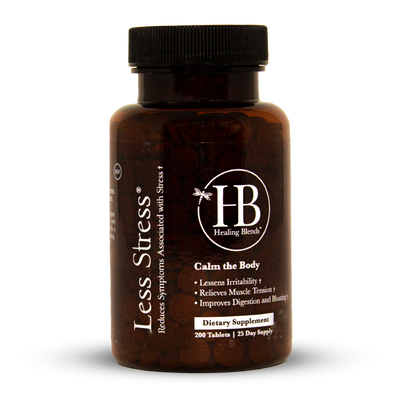Self-Isolation vs. Self-Quarantine: What You Need to Know
The words self-isolation and self-quarantine are often used interchangeably and thrown around without a solid handle of what they mean.
Self-quarantine and self-isolation are similar, and the concrete actions you should take while observing them are also similar, but they are not the same.
There are subtle differences that can stand between the escalation of the outbreak, and breaking the chain of infection spread.
What Does Quarantine Mean?
To quarantine is to restrict the movement of people who may have been exposed to a contagious disease to see if they become sick. Often these people have been exposed and do not know it or they may have the disease but haven’t shown symptoms.
How Is it Different from Self-Isolation?
Isolation is separating people who are sick with a contagious disease from people who are not. If you are sick, either with COVID-19 or another illness, it is important you self-isolate.
Quarantining is a precautionary measure. It’s a wait out for the virus incubation. At the end of quarantine, people may or may not show symptoms and testing has to be done in case symptoms appear.
Self-isolation should be more rigorous. It is the period of mandatory and aggressive distancing for an individual who has already contracted a contagious illness.
Self-Quarantine Recommendations
The key to self-quarantining is to remain quarantined for enough time to see if you develop symptoms. Here is an infographic on best practices for self-quarantine:

Self-Isolation Recommendations
If you have a positive COVID-19 diagnosis, it’s important to self-isolate. Here are top tips on how to do it:
1. Monitor your health:
If your symptoms worsen, contact your doctor immediately. If you need to see a healthcare professional in person, be sure to wear a facemask and keep your distance from other people.
2. If you live alone:
Ask family, friends, or use a delivery service to get essentials like groceries and medicines delivered to your home. Avoid human contact by having them leave the items at your doorstep.
3. If you live with others:
Stay in your room with the door closed. Eat meals alone in your room and be sure to air out the room regularly. Leave the room only when necessary. Keep your distance from others and avoid contact with pets.
Use your own bathroom. If that’s not possible, clean all amenities after each use. Do not share household items or towels or linens with other people and wash these items regularly.
4. Practice good hygiene:
Wash your hands for at least 20 seconds with soap and water. If none is available, use hand sanitizer and rub into hands until dry.
Cover your mouth when you cough or sneeze and throw away or wash the item you used to cover your mouth.
Any bodily fluids should be disposed of separately before being thrown away with other waste. Clean and disinfect any surfaces you touch. This should be done daily.
5. End of isolation period:
You can come out of isolation 48 hours after showing no further symptoms, provided ten days have passed since the first symptoms appeared. Continue to monitor your health and practice good hygiene.
Bottomline
While it is important to remember the concept of physical distancing, social connection during both self quarantining and self-isolation is just as important. FaceTime with your family and friends. Answer questions on Quora and Reddit. There are lots of threads where those who are confused and stressed ask advice on how to handle the pandemic.
Connect with these individuals, share your first-hand experiences, and help fight some of the misinformation on the net, as your body fights the Coronavirus.
Recommended Immunity-Boosting Products:
Sambucus Elderberry
References:
- Federal Office of Public Health FOPH. “New Coronavirus.” Recommendations Regarding Self-Isolation and Self-Quarantine
- Digital Communications Division. “What Is the Difference between Isolation and Quarantine?” HHS.gov, 6 Apr. 2020
























